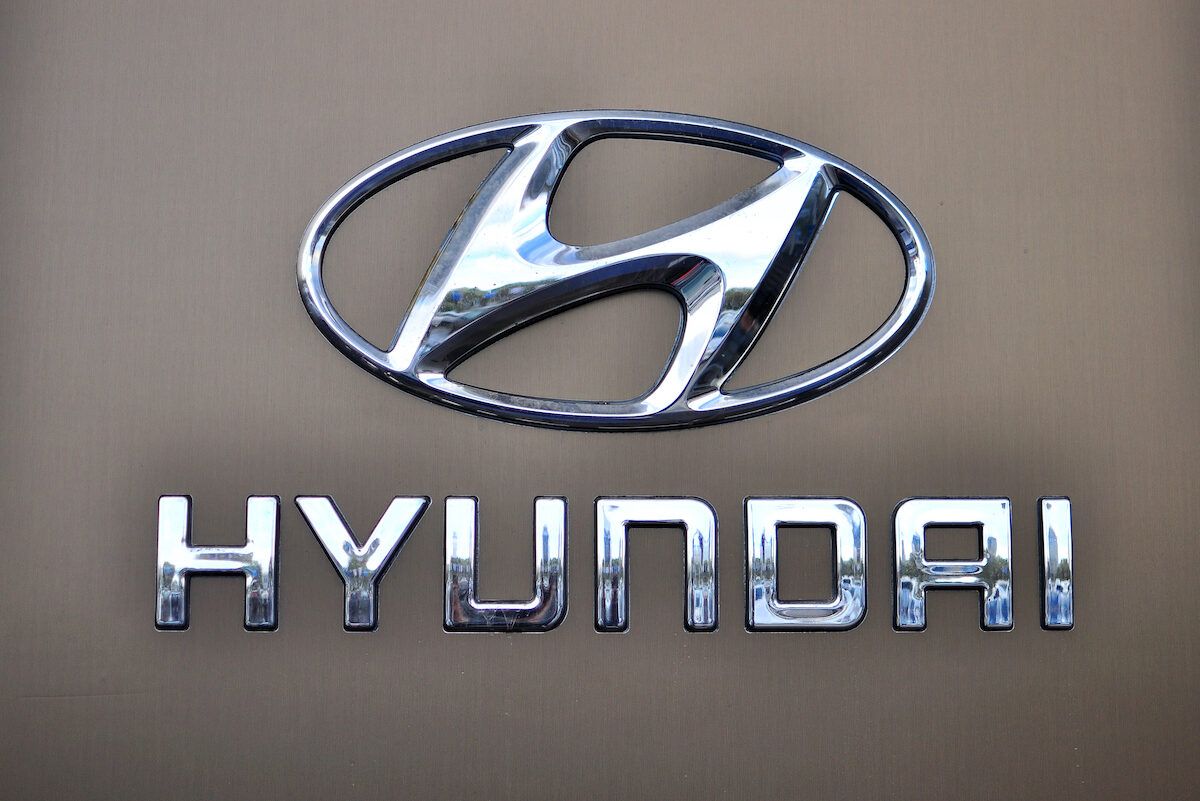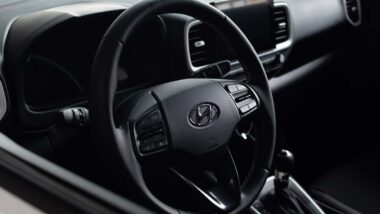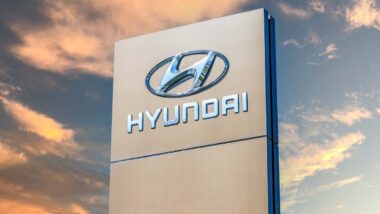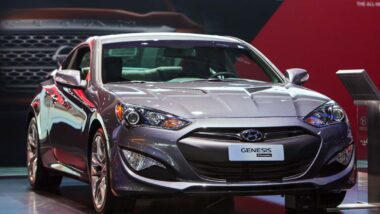
Update:
- A judge dismissed a class action lawsuit filed by a group of vehicle owners against Hyundai Motor Co. in a California federal court.
- The class action lawsuit claimed a number of Hyundai and Kia model vehicles contained an engine defect that caused them to use an excessive amount of oil.
- The vehicle owners argued the alleged defect, in addition to costing them money for the excess oil, caused the vehicles to stall and eventually fail.
- Court approval of the dismissal was not required as the class had not been certified nor proposed to be certified for purposes of a settlement, according to court documents.
Hyundai excessive oil consumption class action lawsuit overview:
- Who: A group of Hyundai and Kia vehicle owners are suing Hyundai Motor Co.
- Why: The drivers allege numerous models of Hyundai and Kia vehicles are equipped with defective engines that use excessive amounts of oil, stall and eventually fail.
- Where: The lawsuit was filed in a California federal court.
(April 20, 2022)
Hyundai makes numerous models of Hyundai and Kia brand vehicles with defective engines that use excessive amounts of oil, costing their owners huge sums of money, a new class action lawsuit alleges.
On Apr. 12, eight owners of Hyundai and Kia brand vehicles filed a class action lawsuit against Hyundai Motor Co. in a California federal court, alleging violations of federal warranty laws.
The Hyundai excessive oil consumption lawsuit alleges that numerous models of the automaker’s vehicles are equipped with defective Nu, Gamma, Theta, Lambda and Kappa engines.
The defective engines allegedly use excessive amounts of oil, stall and eventually fail. The drivers say Hyundai should have issued a recall for the vehicles a long time ago but hasn’t.
As a result, thousands of Hyundai and Kia owners and lessees have allegedly been forced to constantly check the oil levels, and oil must be added to the engines more frequently than even the owner’s manuals recommend, Car Complaints reports.
The engine issue has flow-on effects like reduction in engine lubrication due to crankshaft submersion and gaskets and seals damage, which leads to oil leaks.
The plaintiffs also claim that oil in their vehicles migrates to places where it shouldn’t be, damaging the combustion and exhaust systems.
This allegedly causes “abnormal wear of engine parts, oversaturation of carbon and deposits of oil sludge, ultimately requiring a costly engine rebuild or replacement.”
Automaker should honor warranty claims outside terms, Hyundai class action says
The plaintiffs allege that Hyundai should honor customers’ warranty claims even when the warranties have expired.
According to the lawsuit, Hyundai can’t adequately repair the oil consumption problems and doesn’t offer any reimbursement for out-of-pocket costs caused by the issue.
The class action states customers must suffer through long wait times for replacement parts, “and in most cases do not receive required engine replacements.”
The cars with the allegedly faulty engines include the 2012-2020 Hyundai Elantra, 2009-2018 Hyundai Genesis Coupe, 2019-2021 Hyundai Kona, 2020-2021 Hyundai Palisade, 2010-2012 and 2015-2021 Hyundai Santa Fe, 2009-2010 and 2015-2021 Hyundai Sonata, 2011–2021 Hyundai Sonata Hybrid, 2010-2013 and 2015-2021 Hyundai Tucson, 2011-2021 Hyundai Veloster, 2020-2021 Hyundai Venue, 2010-2021 Kia Forte, 2017-2020 Kia Niro, 2011-2020 Kia Optima and Optima Hybrid, 2012-2021 Kia Rio, 2011-2020 Kia Sorento, 2012-2021 Kia Soul, 2011-2020 Kia Sportage, 2018-2021 Kia Stinger and 2022 Kia K5.
Meanwhile, Hyundai has expanded its recall of vehicles with an exploding seat belt part issue that has caused multiple injuries to include 6,240 of its 2021-2022 Elantra and 2020 Accent vehicles.
The plaintiffs are represented by Nye, Stirling, Hale & Miller LLP, Sauder Schelkopf LLC and Walsh, PLLC.
The Hyundai Oil Consumption Lawsuit is Cho, et al., v. Hyundai Motor Company, LTD., et al. in the U.S. District Court for the Central District of California.
Are you one of the drivers affected by an allegedly faulty Hyundai engine? Let us know in the comments!
Don’t Miss Out!
Check out our list of Class Action Lawsuits and Class Action Settlements you may qualify to join!
Read About More Class Action Lawsuits & Class Action Settlements:















3,222 thoughts onHyundai class action over excessive oil consumption dismissed
Between 3 month oil changes my Sonata went from full oil to empty with no visible signs of a leak.
Bought a 2015 genesis with 55,000 miles on it in year 2021. Its now year 2023 and the car has 68,000. The vehicle chuggs super bad and seems to loose power when its about 100-300 miles from the miles oil change due. Im not sure if that’s the way hyundai genesis is suppose to act before its schedule oil change, but it’s the first time i’ve had a car that is so needy and needs to be right on point. It seems there might be more to why it acts the way it does but i am no mechanic to know whats really going on under that hood.
2018 hyundai sonata Goes through oil from full on dip stick to low on dip stick 1000 to 1500 miles. No visible leak. Mechanics tell me no problem but this article seems to disagree.
Our 2017 Hyundai Tucson started consuming motor oil around 60,00 miles.
Two oil consumption programs were completed.
First results were 1.1 qt average at 2,000 miles
Second program seven months later 1 qt average at 1,070 miles. It has increased significantly.
At 82000 miles the transmission was replaced, would not shift properly. The catalytic converter was also replaced as it was plugged resulting in lack of power.
I have sent an email to Hyundai consumer services have not received a reply yet
Thank You
George Hernandez
2016 Tucson burning oil, replaced catalytic converter. Knock sensor replaced due to recall. Continued to burn oil. While driving car lost power and engine light came on. Knock sensor replaced again and told problem fixed. Drove 15 min and same problem happened: engine pinging, engine light on, and power loss. Immediately returned car and informed problem not part of warranty/recall. Was told engine needed replaced and not covered by Hyundai – even though issues are what’s described as warranty covered problems with engine.
My daughter purchased a 2011 new veloster and it used excessive oil and the dealer said just check it more often but it is not repairable. The engine failed and needs replaced the Puyallup Hyundai dealership said no warranty replacement due to time and mileage 117000 mi. This thing was a time bomb and no recall or notification was received from Hyundai or dealer to fix fix excessive oil consumption which Hyundai was obviously wanting warranty to expire and people not able to get warranty repairs needed at a cost to Hyundai.
Obviously Hyundai knew of the problem and did not advise its customers of excess wear and tear and highly probable engine failure.
Complete negligence on their part and disrespect for the car buyer.
have a 2018 sonata sport it keeps burning oil they tell me i need a oil change then xcode back in 1000 miles it goes in the engine they changed sparkplugs and charged me alot to clean the engine who can u contact this is crazy keep spending money in the problem
2017 Santa Fe Sport starting losing oil to find out it is in the engine. Hyundai is making me wait 2 weeks to have car checked, then they will do an oil change put a valve cap on which I am being charged for. After leaving car for 2 says without a rental, they want me to drive another 1000 miles & bring back for oil check. So I am putting oil in car until the visit.
Purchased a 2015 Hyundai Sonata Limited in Jan 2015 – engine just died recently, stalled and would never start back up. Sent it to a dealer and still waiting to hear back. Meanwhile I have no car and no indication when I will even find out what is happening with it.
I have a 2013 Hyundai Santa Fe and I have to add oil weekly. Why am I not seeing this year on the class action list? The first time it ran out of oil, I didn’t even get a warning or oil light. I barely made it home as it was sputtering. Who thought oil when I got oil changes regularly and no oil light on? It came out of nowhere and I heard this is the same experience as others. It’s disheartening because I love the car otherwise. Most friends that I have with Hyundai Santa Fe’s are having the same exact problem. Pretty much, I’m getting an oil change weekly when adding new oil.
I bought a 2018 Hyundai Tucson in 2021 and a year later it started making a knocking noise no warning lights about oil being low. My engine light came on after putting three quarts of oil in and within a 10 mile drive to get the engine light checked my vehicle stalled, I had it towed to a garage and he said the engine is blown.